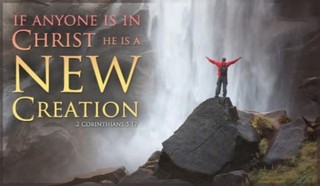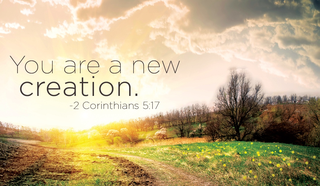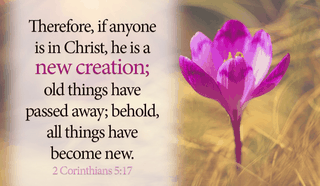
- Recent Translations
- All Translations
Related Articles
2 Corinthians 5:8 Meaning and Commentary
We are confident, I say, and willing rather
We are cheerful in our present state, being assured of future happiness; though we choose rather
to be absent from the body;
that is, to die, to depart out of this world. The interval between death, and the resurrection, is a state of absence from the body, during which time the soul is disembodied, and exists in a separate state; not in a state of inactivity and sleep, for that would not be desirable, but of happiness and glory, enjoying the presence of God, and praising of him, believing and waiting for the resurrection of the body, when both will be united together again; and after that there will be no more absence, neither from the body, nor from the Lord:
and to be present with the Lord.
This was promised to Christ in the everlasting covenant, that all his spiritual seed and offspring should be with him. This he expected; it was the joy of this which was set before him, that carried him through his sufferings and death with so much cheerfulness; this is the sum of his prayers and intercession, and what all his preparations in heaven are on the account of. It is this which supports and comforts the saints under all their sorrows here, and which makes them meet death with pleasure, which otherwise is formidable and disagreeable to nature; and even desirous of parting with life, to be with Christ, which is far better.


